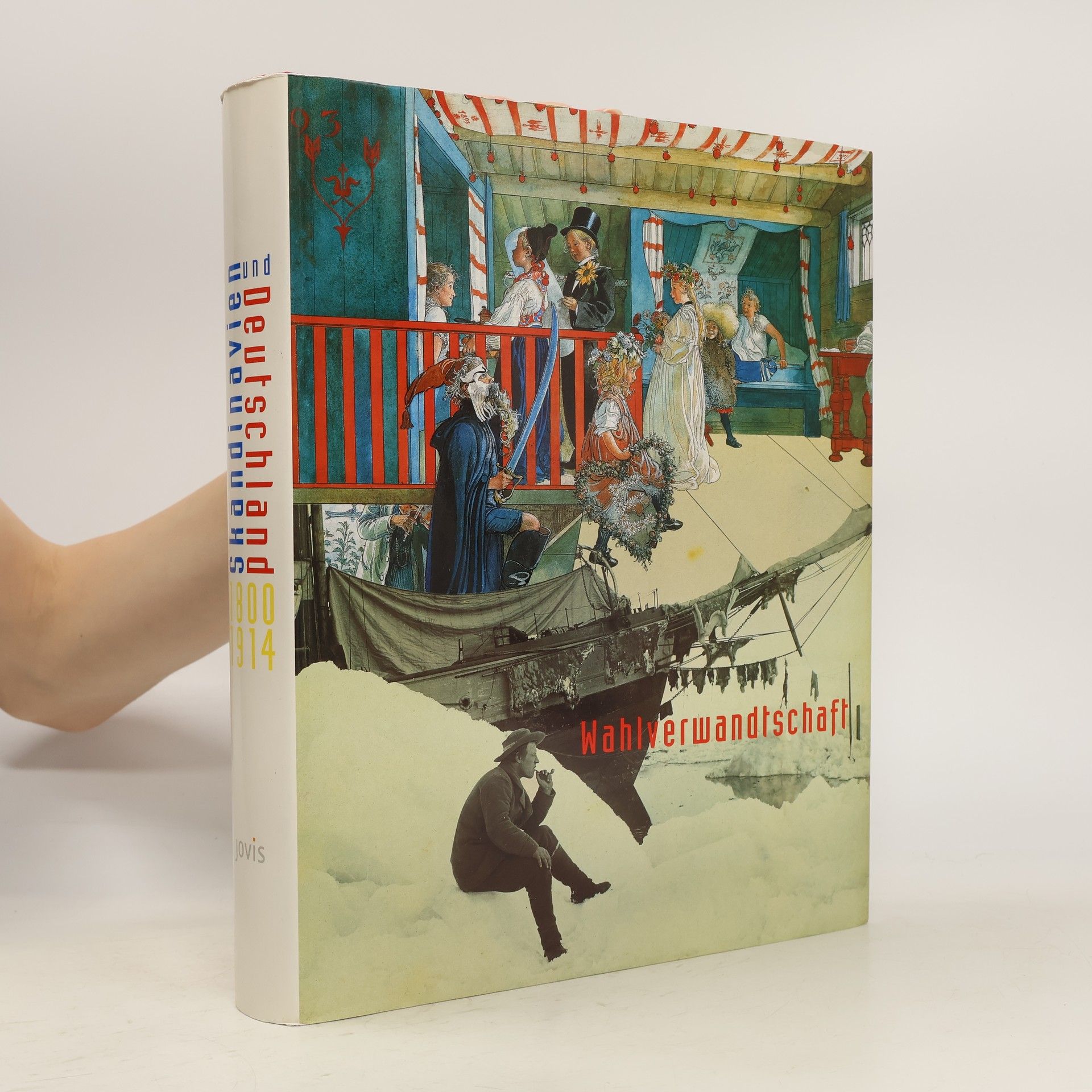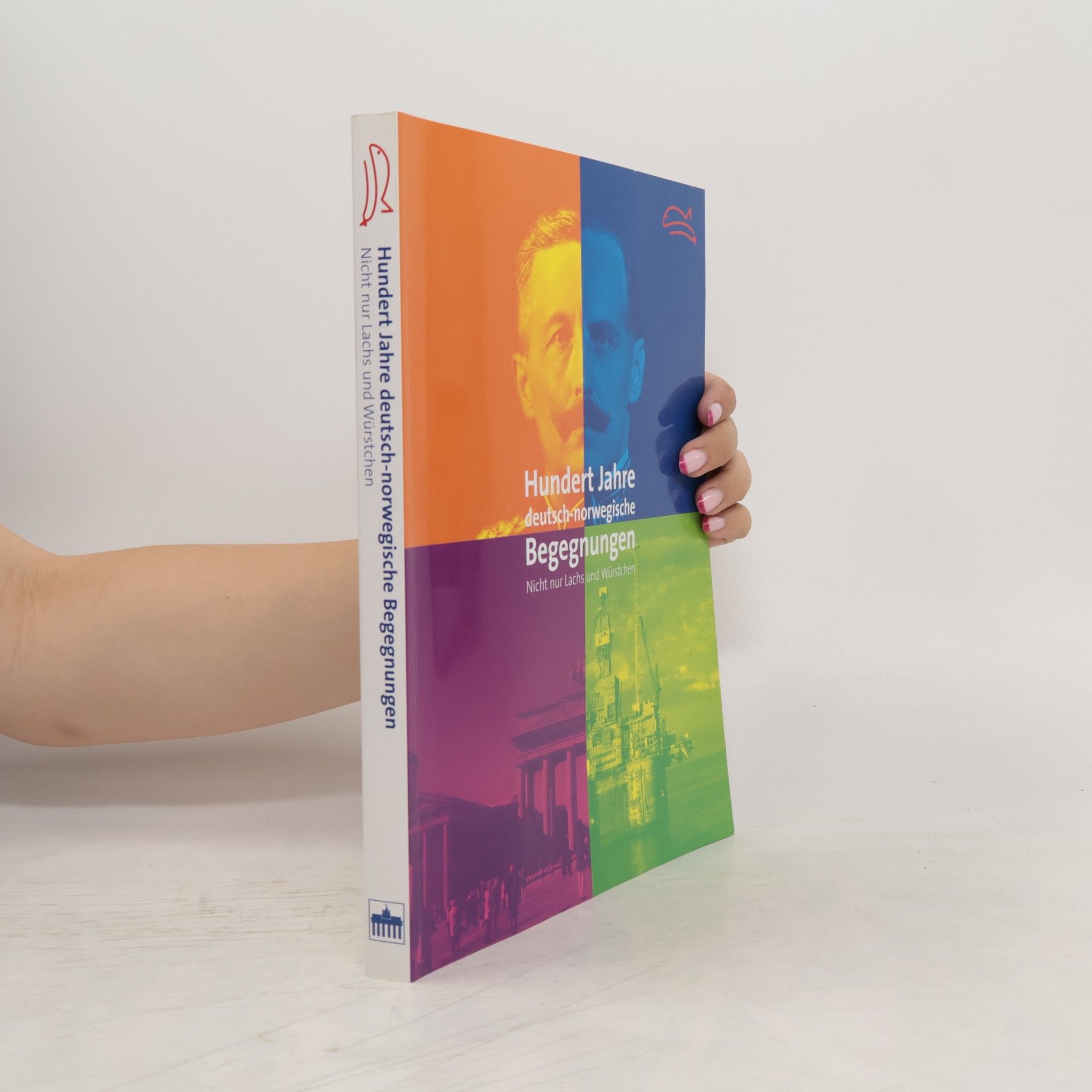Bildband; Dänemark; Finnland; Norwegen; Schweden.
Bernd Henningsen Livres






Aufstand der Außenseiter
Die Herausforderung der europäischen Politik durch den neuen Populismus
Die Welt des Nordens
Zwischen Ragnarök und Wohlfahrtsutopie: Eine kulturhistorische Dekonstruktion
Unser Bild vom Norden Europas ist in der langen Begegnungsgeschichte von Projektionen und Sehnsüchten geprä Von Berserkern und Kriegsgräueln, vom schlechten Wetter, einer grandiosen Natur, stabilen Institutionen, von sozialer Vorsorge, Gleichheit und Wohlstand, von Friedfertigkeit, geringer Korruption, von Hygge und Bullerbü - all dies gehört zum Norden-Narrativ. °° Wie steht es tatsächlich um die religiöse, sprachliche und ethnische Homogenität, um die viel gerühmte nordische Zusammenarbeit? Wie 'funktioniert' Politik? Was steckt hinter der Idee vom 'nordischen Ton' in der Musik, vom 'nordischen Licht' in der Malerei? Wie glücklich lebt man im Norden? Was meint der 'banale Nationalismus', wo ist die skandinavische Spaßkultur einzuordnen? Welche Riten bestimmen den Alltag? °°Die nordische Exzeptionalität ist eine wohlfeile Konstruktion. Ein exklusives 'nordisches' Modell hat es nie Der Norden war und ist integraler Bestandteil der europäischen Zivilisation. °°Was wissen wir im Süden vom Norden?
Die Politik, Kultur und Menschen Nordeuropas haben seit Jahrtausenden die gesamteuropäische Geschichte entscheidend geprägt, was in der wissenschaftlichen Auseinandersetzung oft zu kurz kommt. Das interdisziplinäre Handbuch beleuchtet diese Defizite und bietet erstmals eine umfassende Darstellung des Wissensstands zu Geschichte, Gesellschaft, Politik, Wirtschaft und Kultur des europäischen Nordens – von der geologischen Entstehung bis zu aktuellen politischen Entwicklungen. 84 Nordeuropa-Expertinnen und -Experten aus 13 Ländern tragen aus ihren Fachgebieten zur Aufklärung und Analyse bei und schaffen ein differenziertes Bild des Nordens. Das Grundlagenwerk richtet sich an Studierende, Forschende, Medien und Interessierte an Nordeuropa. Die Vielzahl der Beiträge spiegelt die Vielfalt der Perspektiven wider und bietet eine wertvolle Ressource für alle, die sich mit den komplexen Zusammenhängen in dieser Region auseinandersetzen möchten.
Von F. Dressler/B. Henningsen/M. Eysell. - Bildband mit (kultur-)historischer Einführung, literarischen Texten (H. C. Andersen, K. Blixen u.a.) und reisepraktischen Hinweisen.
Hundert Jahre deutsch-norwegische Begegnungen
- 345pages
- 13 heures de lecture
Das Jahr 1905 stellt einen entscheidenden Wendepunkt in der norwegischen Geschichte dar, da Norwegen mit der einseitigen Auflösung der Union mit Schweden den endgültigen Schritt zur Unabhängigkeit vollzieht. Während dieses Ereignis für Norwegen epochal war, zeigt sich bei genauerer Betrachtung, dass es für die deutsch-norwegische Begegnungsgeschichte eher ein Zufallsdatum ist. Das Deutsche Reich erkannte den neuen Staat zwar schnell an, doch blieben die kulturellen, gesellschaftlichen und wirtschaftlichen Beziehungen weitgehend unverändert. Der kulturelle Paradigmenwechsel von Deutschland hin zu den angelsächsischen Ländern war ein langsamer Prozess, der sich über die erste Hälfte des 20. Jahrhunderts erstreckte. Norwegen, als maritime Handelsnation, hatte eine westliche Orientierung, während Deutschland als Kulturnation eine prägende Rolle spielte. Die norwegische Natur, mit ihren Fjorden und Bergen, zog deutsche Besucher an und faszinierte sie, was einen gewissen Eskapismus widerspiegelt. Der ironisch gebrochene Titel des Projektes „Nicht nur Lachs und Würstchen“ spielt auf die Stereotype an, die Norwegen und Deutschland verbinden. Die letzten hundert Jahre der deutsch-norwegischen Begegnungen zeigen, dass solche folkloristischen Gemeinplätze wenig zur tatsächlichen Beziehungsgeschichte beitragen und deren Komplexität nicht erfassen.


